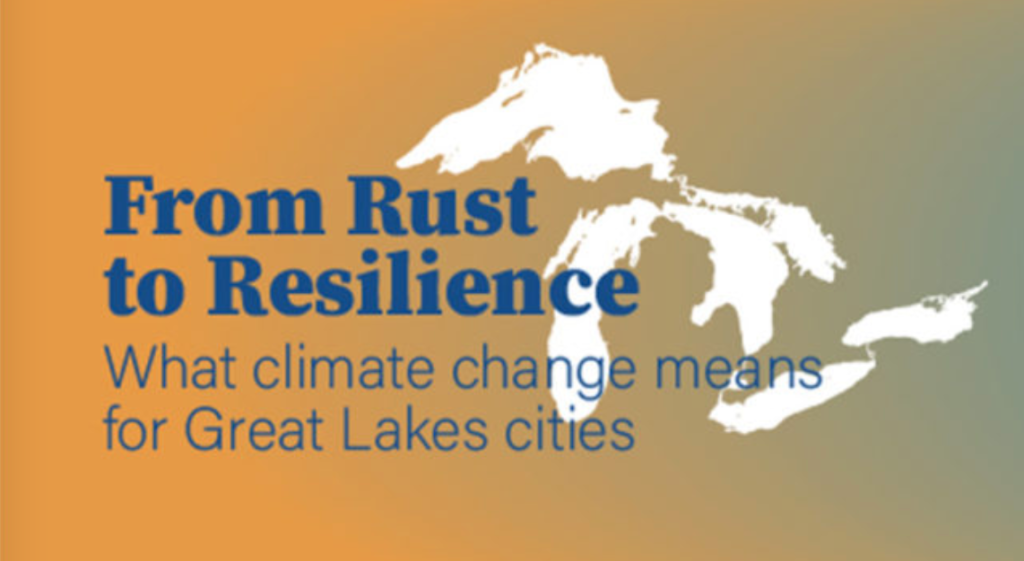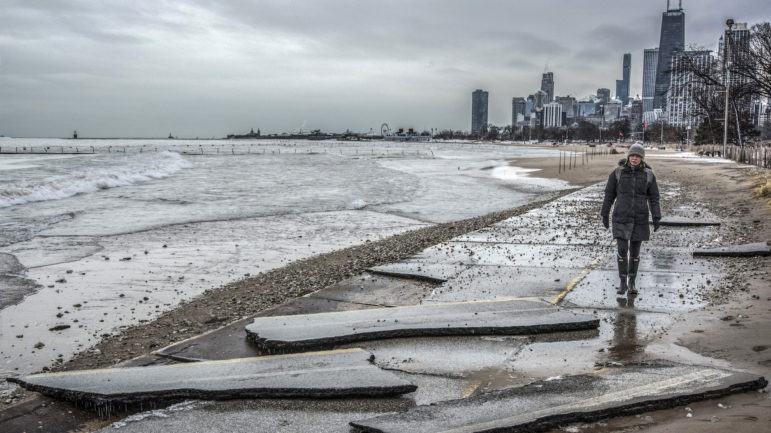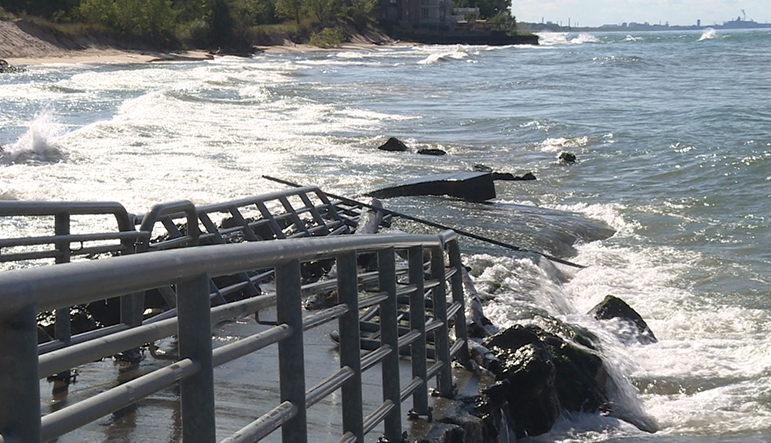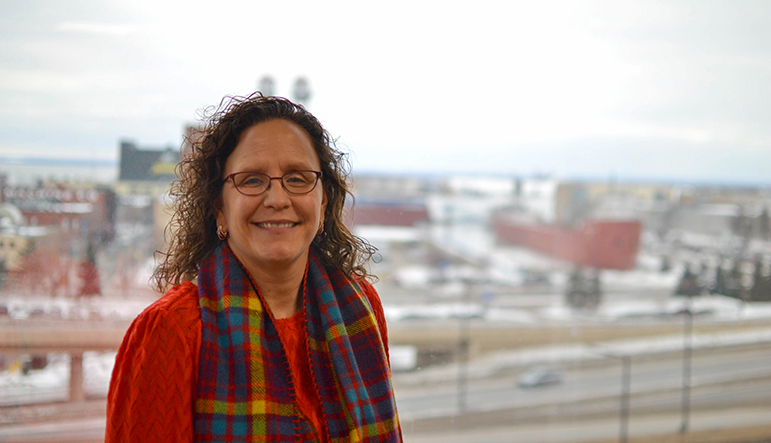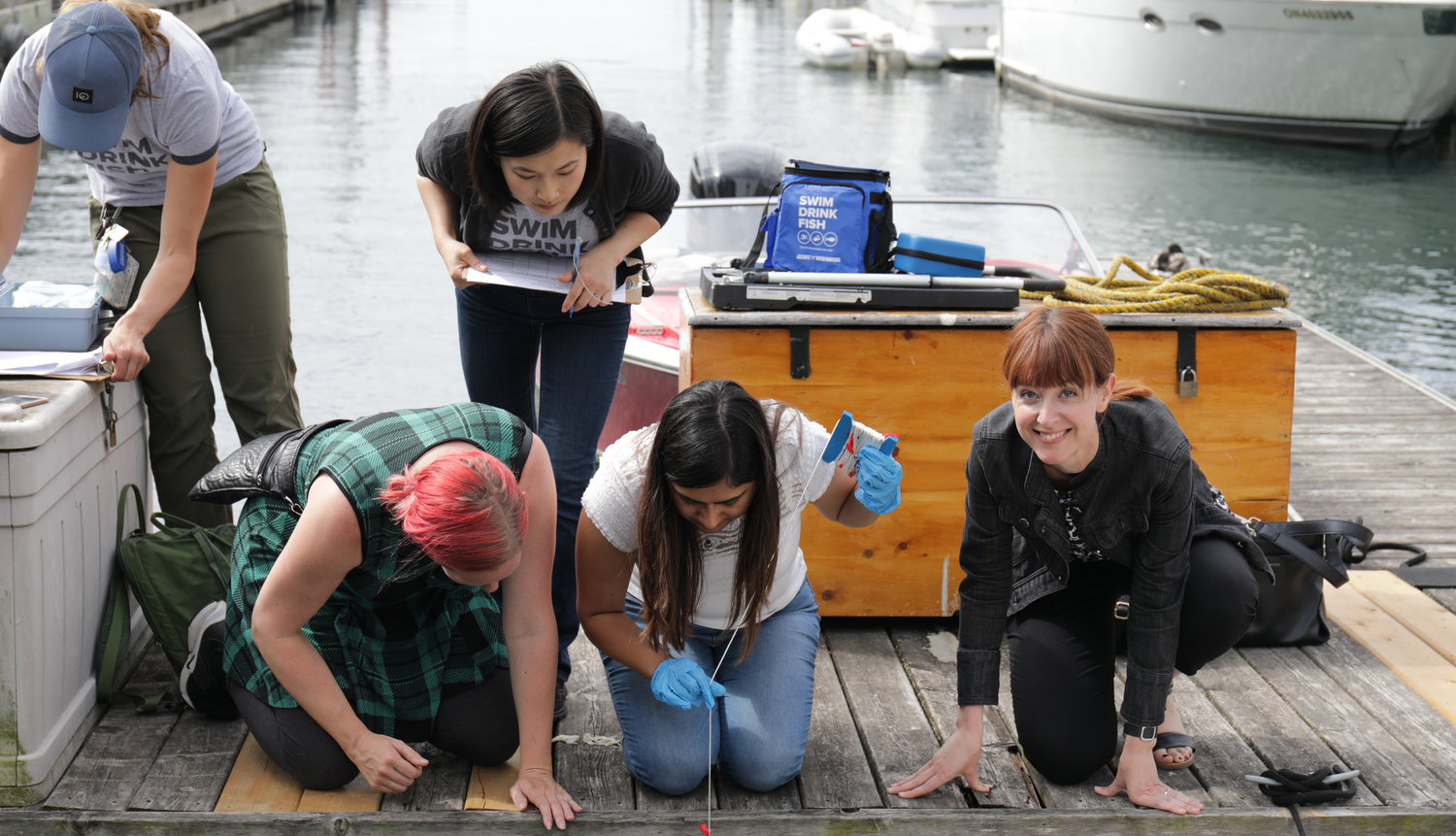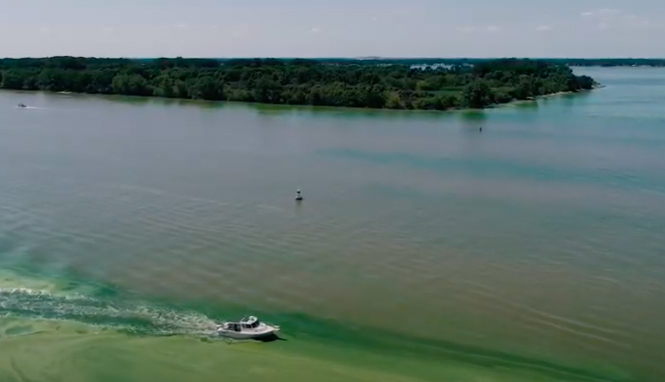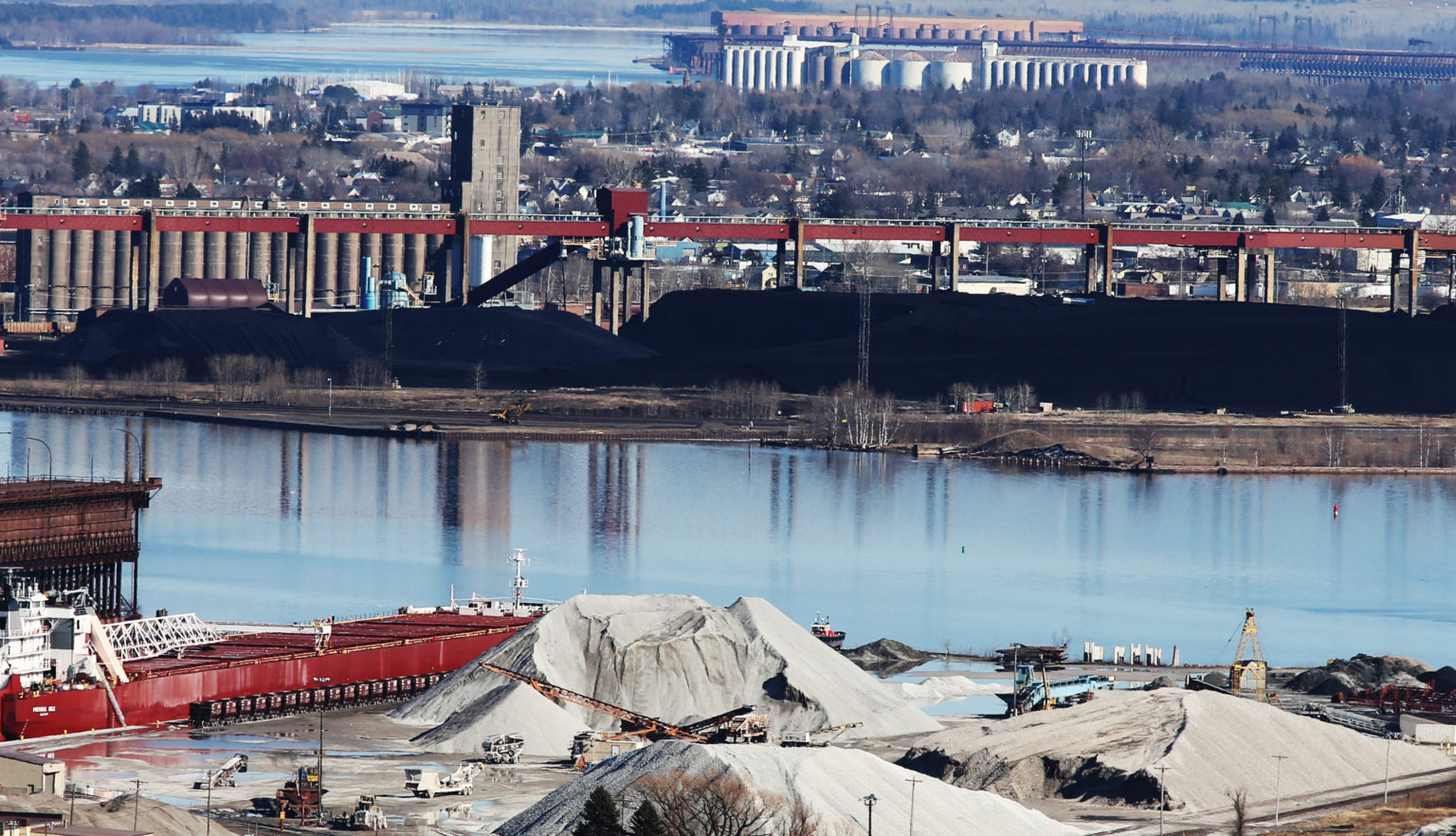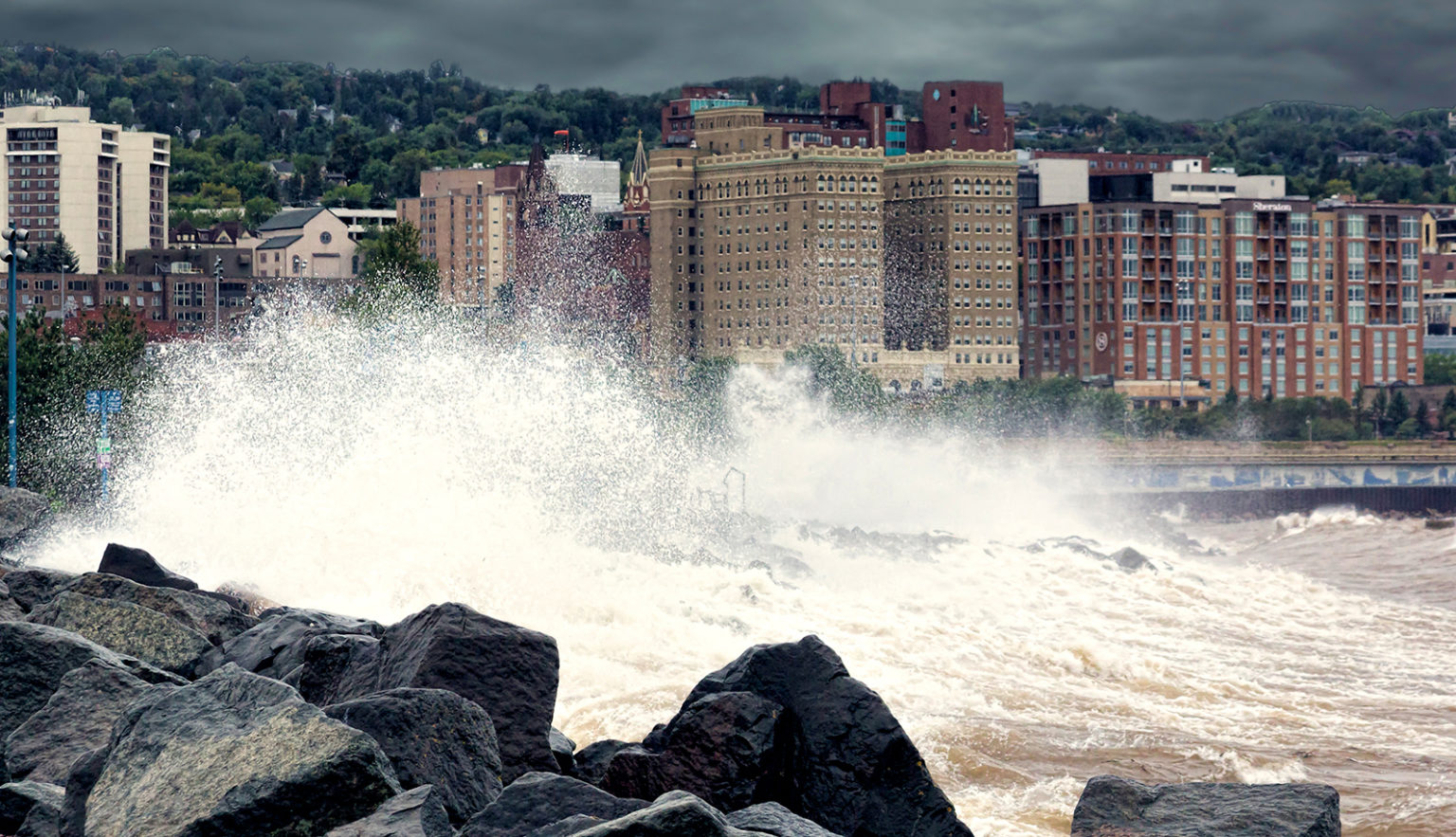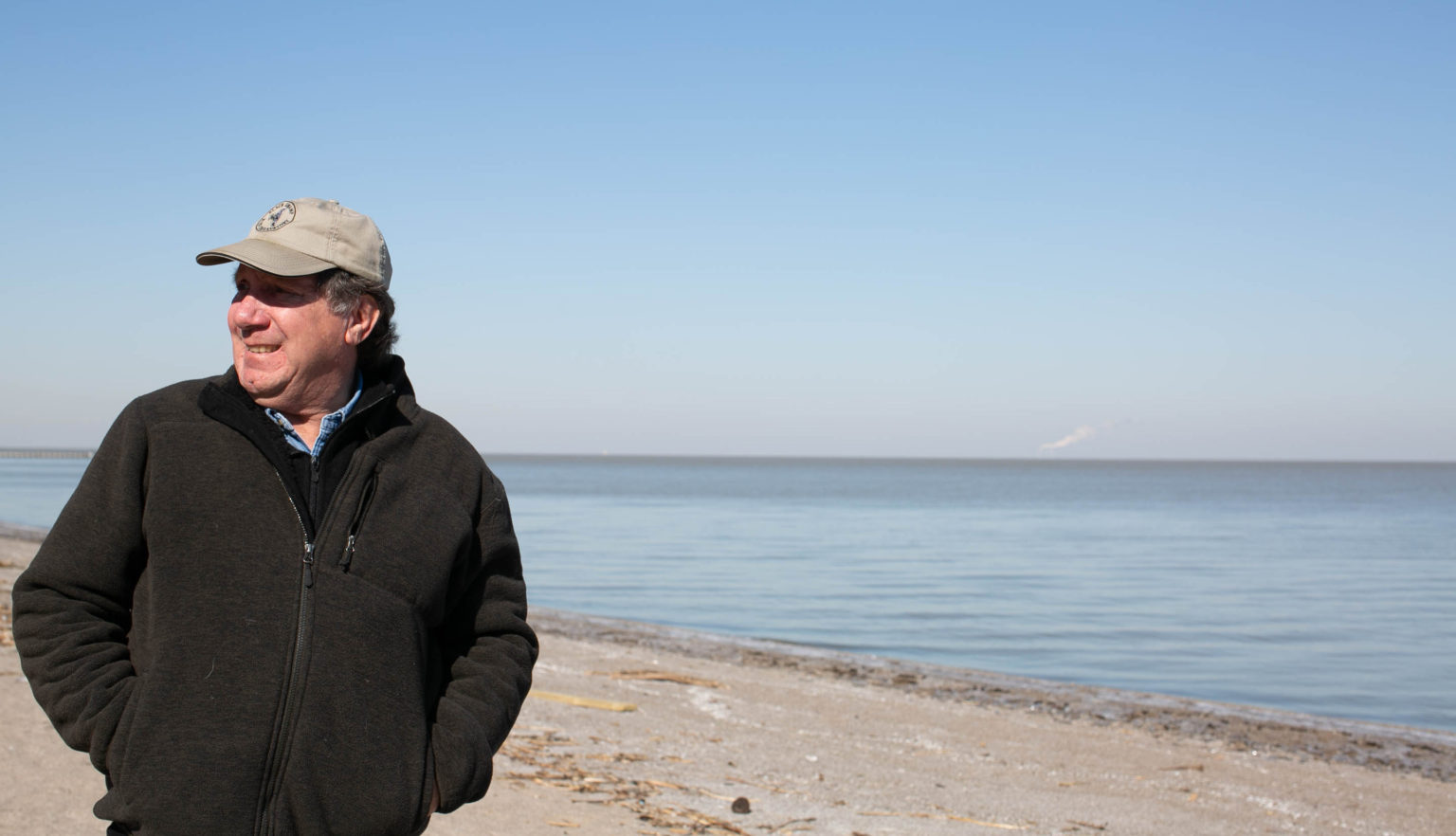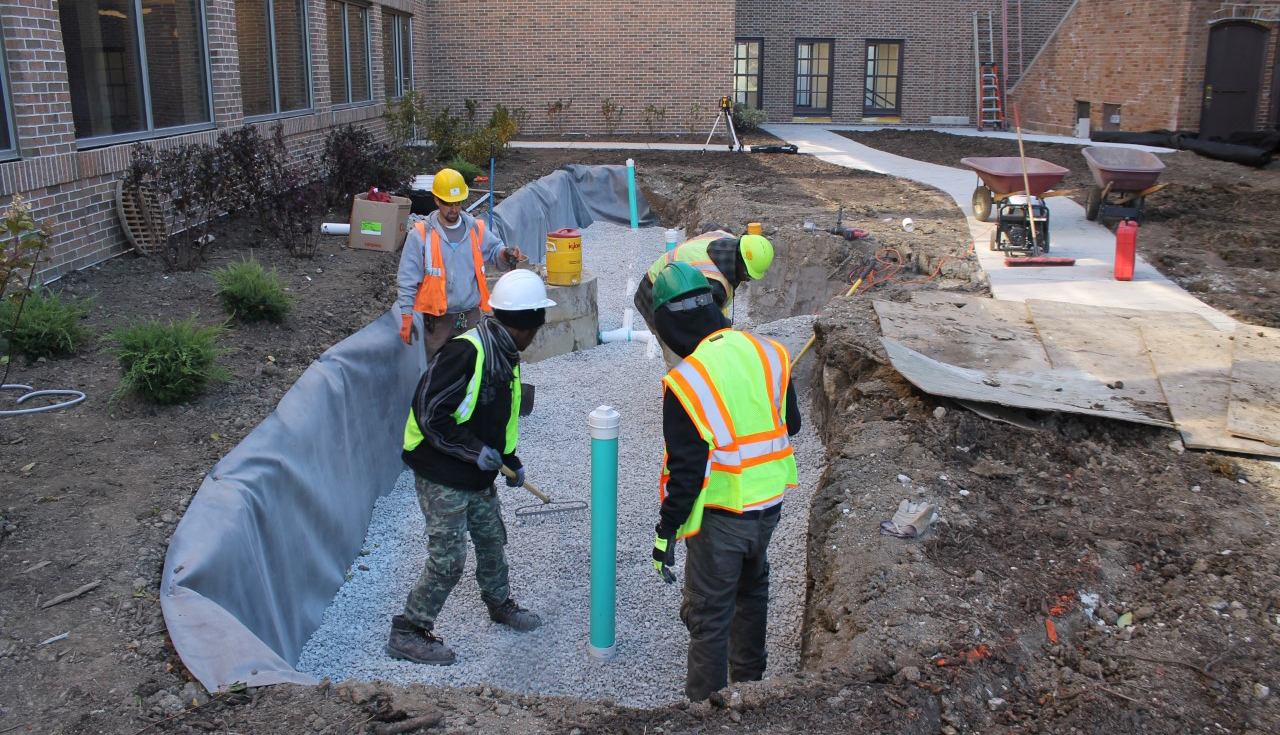What climate change means for Great Lakes cities
Climate change affects every person on this planet. In the Midwest and beyond, our members provide strong environmental coverage.
Read stories in the collaboration below.
Impact Report
Collaboration reaches 13 states and four national outlets
The collaboration produced 12 stories and reached about 103,272 unique visitors across six outlets participating in the partnership. The project was also recognized with a 2020 Great Lakes Leadership Award from the Great Lakes Protection Fund.
Learn more.
Ensia
–
April 20, 2020
Even as Great Lakes cities cope with economic turbulence, climate change brings new challenges and opportunities.
Belt Magazine
–
April 21, 2020
How is Chicago coping with the effects of climate change?
The Conversation U.S.
–
April 22, 2020
To protect people in the Great Lakes region from climate extremes, weatherize their homes.
Side Effects Public Media
–
April 23, 2020
Climate change threatens Great Lakes shoreline with erosion.
MinnPost
–
April 24, 2020
For those pushing for a carbon-free Duluth, the biggest roadblock may be a company that has long been critical to the region’s economy.
Great Lakes Now
–
April 24, 2020
Great Lakes cities’ sewer designs mean waste in the waters.
Great Lakes Now
–
April 28, 2020
Meet the citizens, city leaders and scientists who are working to manage the impacts of climate change in the region.
MinnPost
–
April 28, 2020
As energy use changes in the Great Lakes, so too does the Port of Duluth-Superior.
Ensia
–
April 29, 2020
Perched on the western shore of the world’s greatest lake, this freshwater port community offers lessons for resilience in uncertain times.
Belt Magazine
–
April 30, 2020
The contested case of the Icebreaker Wind Farm has implications for renewable energy in the region.
WUWM Milwaukee
–
May 1, 2020
A Milwaukee neighborhood pushes toward climate resilience.
The collaboration included six INN members (Belt Magazine, The Conversation U.S., Ensia, Great Lakes Now, MinnPost and Side Effects Public Media), as well as WUWM Milwaukee. The Water Main was an engagement partner and Indiana Public Broadcasting collaborated with Side Effects Public Media.
This project was made possible by the Connected Coastlines initiative of the Pulitzer Center on Crisis Reporting, with additional support from the funders of INN’s Amplify News Project, including the Joyce Foundation and the Robert R. McCormick Foundation.
